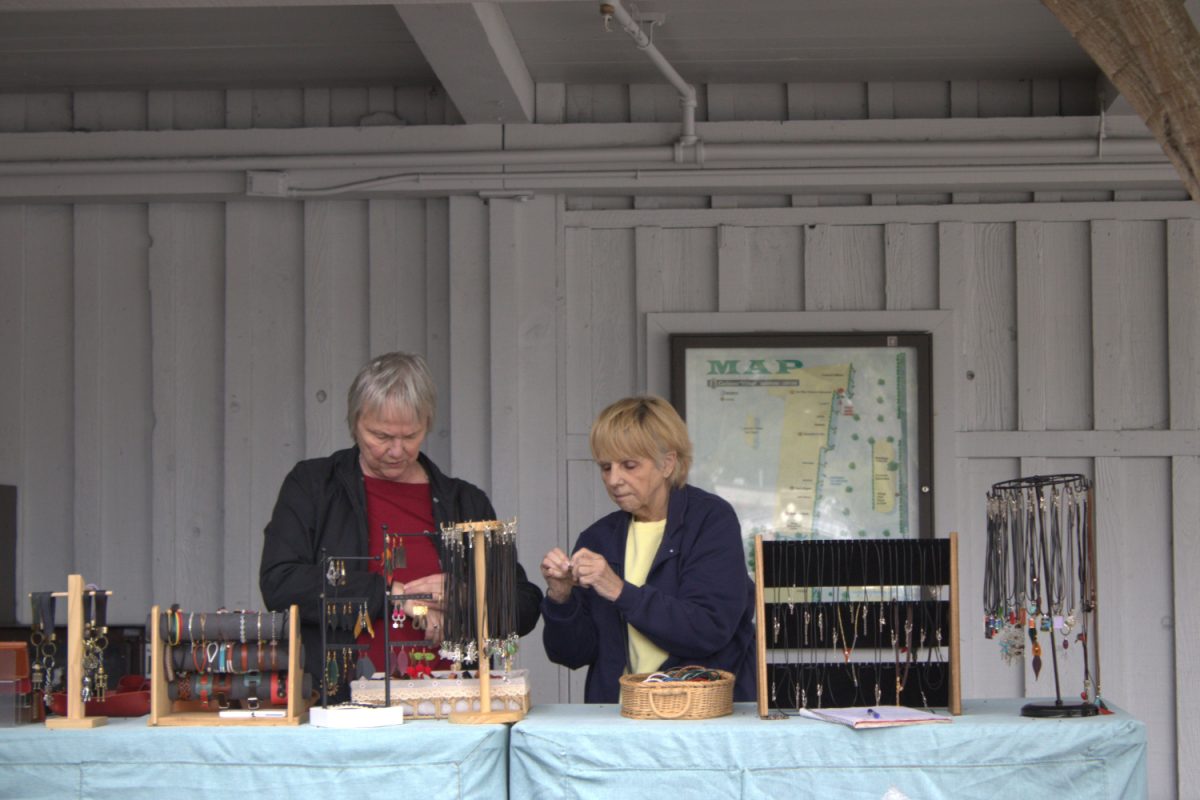California officially banned legacy and donor preferences in private college admissions with the new Assembly Bill (AB) 1780. Gov. Gavin Newsom signed the bill into law on Sept. 30, making it effective for the 2025-2026 admissions cycle.
Proposed by Phil Ting, an Assemblymember representing District 19, this bill will target many prestigious private universities such as Stanford, USC, and Santa Clara University, where legacy students have historically made up a big percentage of their admissions for many years.
“If we value diversity in higher education, we must level the playing field. That means making the college application process more fair and equitable,” Ting said in his press release.
“The new bill gives students from underserved communities more of an opportunity and will make sure that the competition is fair,” said Gary Cohn, a Pulitzer Prize winner and adjunct professor at the USC School of Communications and Journalism.
Eugene Volokh is a professor of law at the UCLA School of Law and the Thomas M. Siebel Senior Fellow at the Hoover Institution at Stanford University.
“The bill would prohibit legacy preferences in admissions by various universities. However, in principle, it actually would prohibit discriminating against people because they’re related to alumni as well,” Volokh said.
Beyond banning legacy admissions, the bill also removes donor preferences during the admissions process, which previously allowed applicants linked with significant financial contributions to receive extra consideration.
“The intention of the bill is to make the whole process fairer and more based on merit rather than who your parents are, where they went to school, or how much they donated,” Cohn said.
According to Volokh, AB 1780 applies to private universities with state funding benefits such as student financial aid, covering practically all schools. He says that removing donor preferences may decrease endowment to some degree.
“I think that the institutions are concerned that a ban on alumni preferences will diminish alumni connections to the school, and therefore diminish alumni donations to the school,” Volokh said.
Other views describe the effects of AB 1780 having less effect on endowments due to the amount of donations that already come into the colleges.
“USC gets so much money in donations that I don’t think the lack of legacy admissions will have a substantial effect,” Cohn said.
AB 1780 will directly impact the students applying to the numerous Californian private colleges and universities.
Sophie Callcott is a recent graduate of Stanford University. As a daughter of parents who both graduated from Stanford Law, Callcott greatly benefitted from the legacy system during her admissions process.
“I applied to Stanford early because I was told it was the best school I had the chance of getting into, because my parents had gone there, and no matter how academically qualified I was for Stanford or any kind of comparable school, legacy admissions gave me a leg up,” Callcott said.
According to Callcott, her chances of getting into Stanford increased dramatically with the help of being a legacy, as legacy applicants get an automatic second read on their admission files. In contrast, non-legacy applicants are only guaranteed one.
Callcott, who grew up in the Bay Area and attended a private high school, acknowledges that having more opportunities already privileged her during the admissions process.
“If you have the money to go to a private high school, it can help you get into a school like Stanford. Your chances of getting in are much higher just because of the resources that those schools can offer you,” Callcott said.
However, despite having used legacy to help get into college, Callcott has advocated for removing legacy preferences ever since she became aware of the Varsity Blues college scandal in 2019. As part of the scandal, parents were caught trying to pay large sums of money to increase the likelihood of their children getting into certain universities.
“Instead of paying someone to take your test for you, many people were paying to get their names on a building. Why are we considering them any different from other illegal ways of getting in?” Callcott said.
Students graduating from high school in 2026 will be the first class to be impacted by AB 1780. While this is a prominent change, many students still stand by the bill.
“I agree with AB 1780,” said Sofie Budman, a junior at Carlmont High School. “Even though my parents went to a private university, I feel like people should get in because of merit rather than connections.”
According to Callcott, schools abiding by this bill shouldn’t be affected much in terms of their prestige, but there is always the issue of fairness and equity versus equality.
“The biggest critique of the abolition of legacy admissions that I’ve received is that instead of a rich legacy student getting in, it’s going to be rich non-legacy,” Callcott said. “You’re not really diversifying the class. You’re just replacing a legacy student with an equally qualified, equally privileged non-legacy student. But ultimately, I think making the process more equal among the privileged is still making the process more equal.”
Although not stated in formal law, the University of California system has banned legacy admissions since 1998. However, AB 1780 marks a shift for private institutions, following Maryland as the second state to ban them specifically for private colleges.
Furthermore, while AB 1780 influences the view of legacy admissions throughout the country, it is part of a broader national trend. According to Volokh, the Supreme Court’s ban on race-based affirmative action admissions likely influenced the banning of legacy preference in AB 1780.
According to the court’s documents, Volokh says that universities can’t admit people based on race, raising the question of why universities judge students based on their family’s prior connection to the school.
“The prohibition is likely to considerably cut down on the amount of legacy preferences because those preferences happen through a bureaucratic process. And if you change the bureaucratic process, you’ll change the outcomes,” Volokh said.
Nonetheless, Callcott believes abolishing legacy admissions is the first step in making college admissions and access to higher education more equitable in America.
“California, being the largest state in population, sets a precedent and helps to motivate other states,” Callcott said. “We need to use this momentum that we’ve gained through AB 1780 to hold our schools accountable and continuously make them strive to be better.”

























